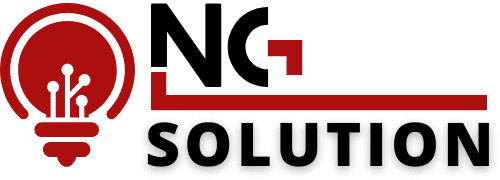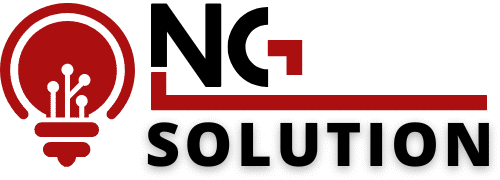The Global South is actively pursuing financial alternatives to lessen its reliance on Western-dominated institutions. Amid rising global economic uncertainties and slowing growth, there are increasing calls for reforming the International Monetary Fund (IMF). The recent BRICS Summit in Rio de Janeiro highlighted the need for changes in the IMF’s quota distribution and management, aiming to better reflect the current global economic landscape and enhance the representation of developing countries in decision-making processes.
The existing power structure of the IMF remains dominated by a few developed countries, which does not align with the present global economic realities. Since its inception in 1944, the IMF’s role has evolved from facilitating post-war reconstruction to maintaining global financial stability and managing crises. However, its governance structure has not kept pace with these changes. A significant obstacle to reform is the United States’ veto power, which it uses to block decisions that do not align with its interests.
BRICS’ proposal for IMF reforms goes beyond addressing representational inequity; it seeks to reconstruct the international financial architecture to better reflect the current economic reality. Countries like Brazil and India have long advocated for changes to the IMF quota formula, arguing that it undervalues the contributions of developing nations. African countries have also called for greater representation, emphasizing their demographic and economic potential.
Critics argue that the IMF’s lending policies often exacerbate economic distress in target countries by emphasizing austerity and liberalization without considering specific national conditions. The 2008 financial crisis and the COVID-19 pandemic have highlighted the IMF’s structural deficiencies, including its slow approval process and inadequate funding capacity.
For China, IMF reforms are about gaining greater representation and influence in global governance. The US’s ability to leverage the IMF for policy coercion has raised concerns, and reforming the IMF could help establish a more neutral financial support system.
BRICS countries are also building their own financial platforms, such as the New Development Bank (NDB), which has expanded infrastructure financing for emerging markets. The NDB offers diversified financing channels and a more inclusive institutional design, complementing the existing financial system rather than replacing it.
The BRICS call for IMF reforms reflects the shifting global power structure. Without reforms, the IMF risks losing legitimacy, pushing developing countries towards regional mechanisms like the NDB and the Asian Infrastructure Investment Bank. In this evolving landscape, Hong Kong is well-positioned to act as a bridge in restructuring the global financial system. The BRICS’ push for IMF reforms is a strategic response to the ongoing global power reconfiguration, emphasizing the need for a more representative and fair international financial institution.


